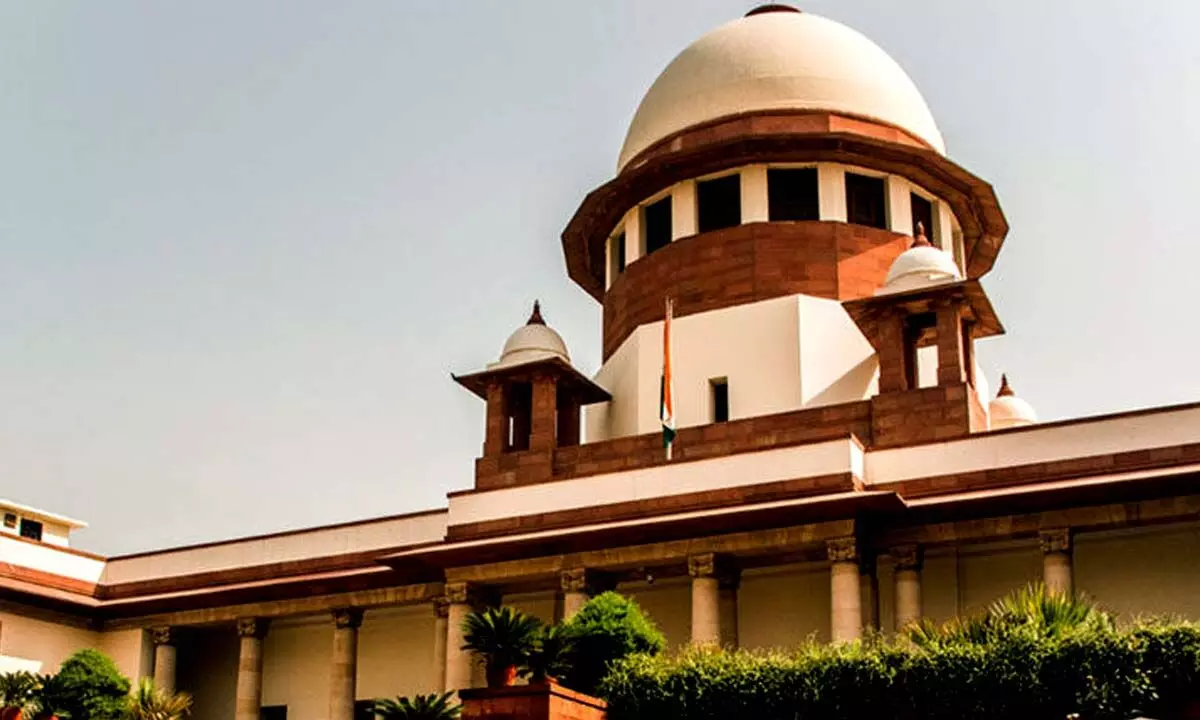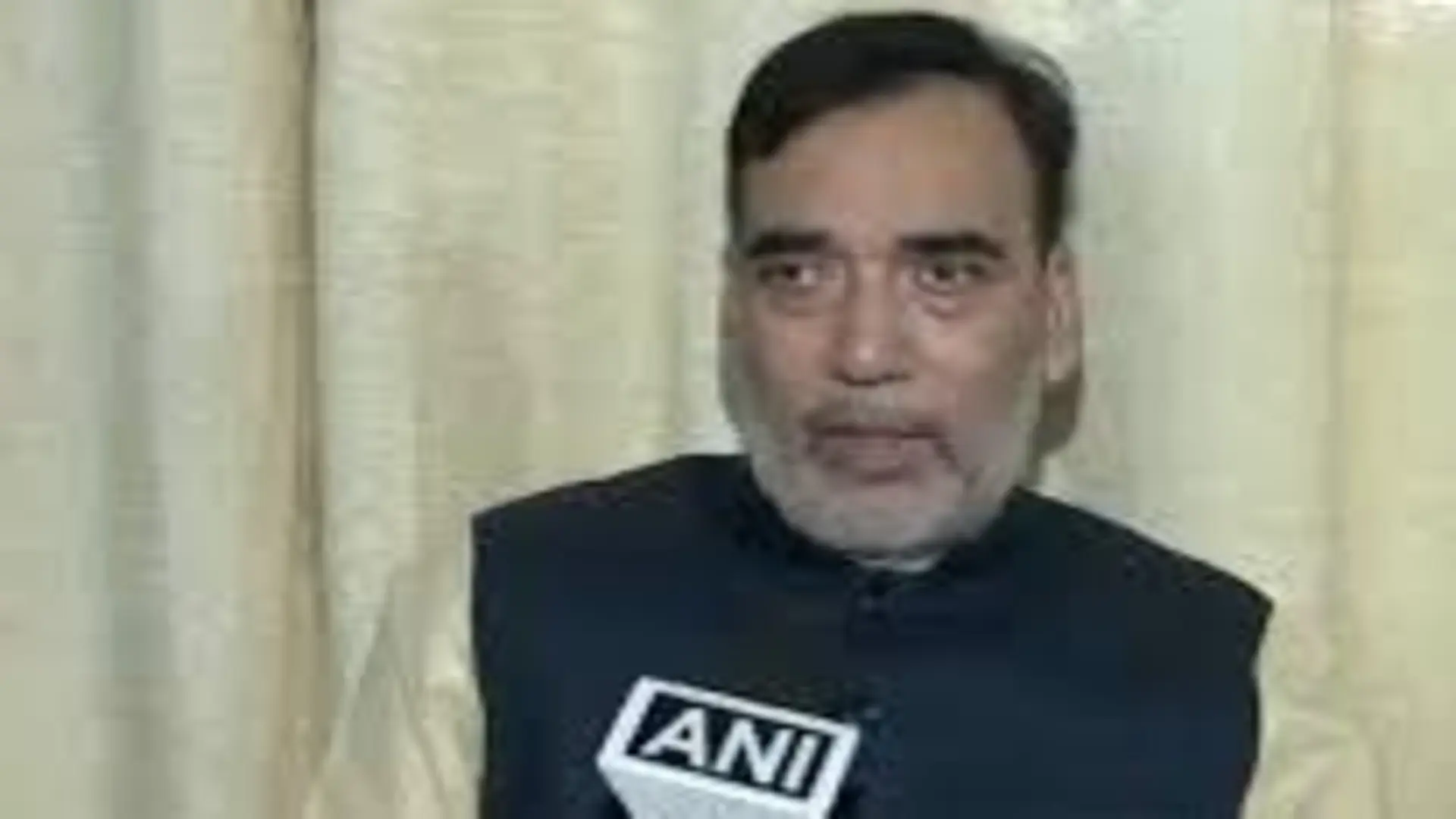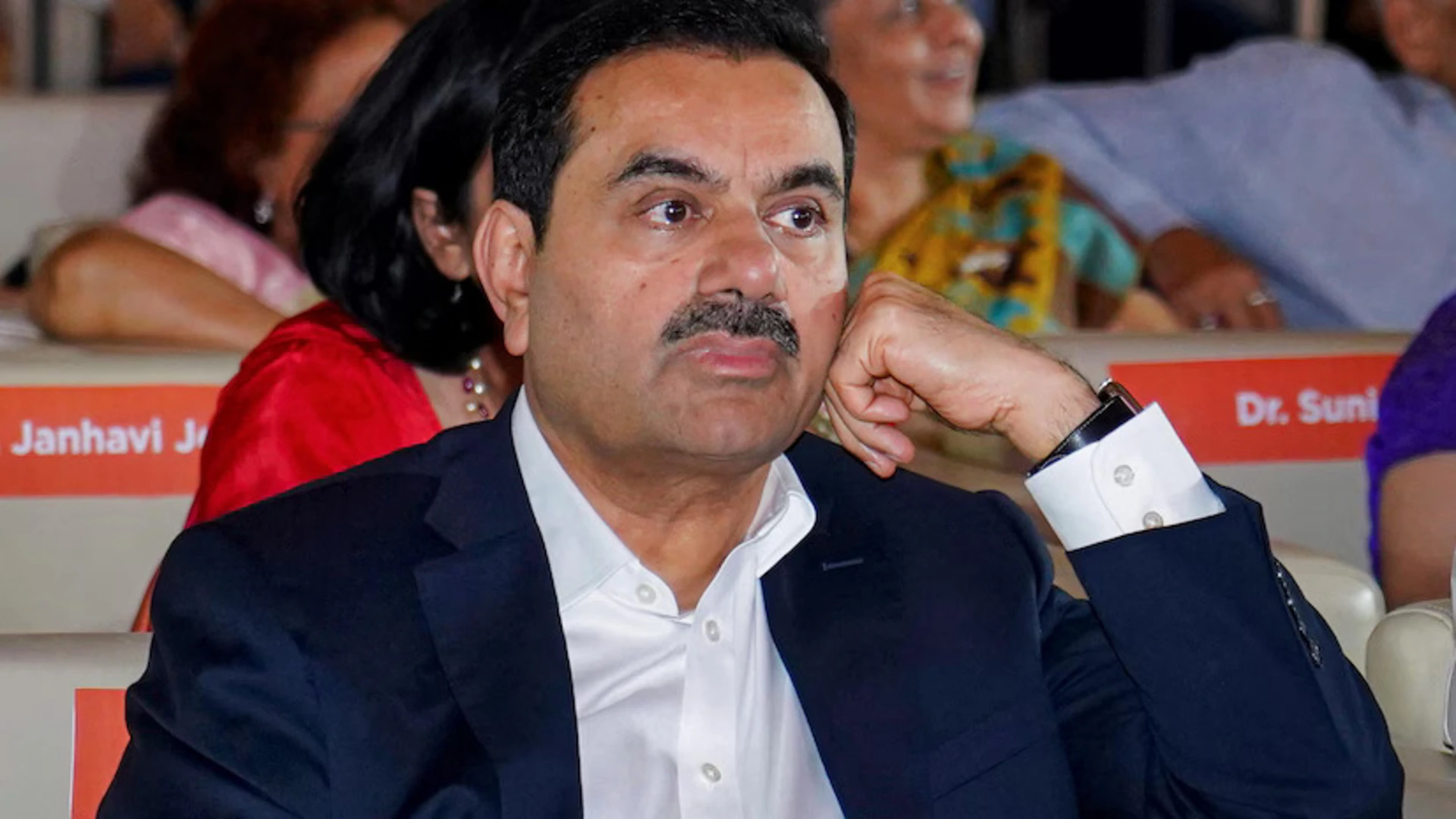
The Supreme Court ruled on Thursday that stay orders granted by lower or higher courts in civil and criminal cases cannot automatically lapse after six months. Chief Justice D Y Chandrachud, leading a five-judge Constitution Bench, disagreed with a previous 2018 ruling that mandated the automatic vacation of such stay orders unless explicitly extended.
Providing guidance, the judgment emphasized that constitutional courts, including the Supreme Court and high courts, should refrain from setting deadlines for case disposal, reserving such actions for exceptional circumstances.
The Bench delivered two separate but concurring judgments. Justice A S Oka stated, “Constitutional courts should refrain from setting timelines for case decisions, as the specific circumstances of each case are best understood by the concerned courts.” He added, “There should be no automatic vacation of stay orders,” echoing the sentiments of himself, the Chief Justice, and Justices J B Pardiwala and Manoj Misra.
Justice Pankaj Mithal penned a separate yet concurring opinion in the matter. The Supreme Court had reserved its decision on December 13, 2023, after hearing arguments from senior advocate Rakesh Dwivedi, representing the High Court Bar Association of Allahabad, Solicitor General Tushar Mehta, and other attorneys.
Previously, on December 1 of the preceding year, the Supreme Court had referred its 2018 ruling to a five-judge bench for reconsideration. This earlier ruling had stipulated that stay orders granted by lower or higher courts would automatically expire after six months unless specifically extended.
The 2018 verdict, issued in the case of Asian Resurfacing of Road Agency P Ltd Director Vs CBI by a three-judge bench, mandated the automatic vacation of interim stay orders unless explicitly extended, leading to no trial or proceedings remaining stayed beyond six months. However, the Supreme Court later clarified that this judgment would not apply if the stay order originated from itself.















